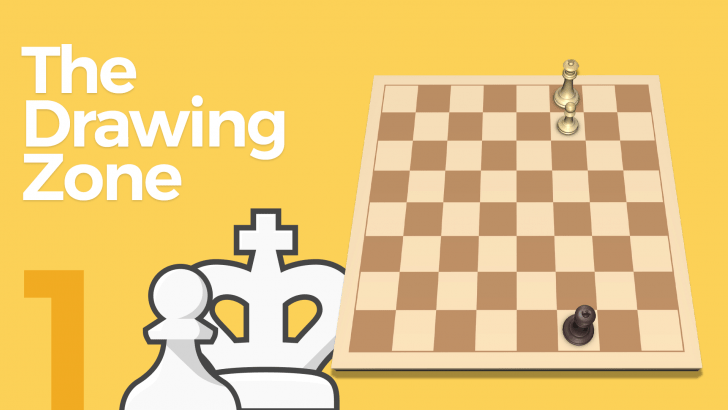The Drawing Zone, Part 1
Everyone wants to be a winner in chess. But don't forget that part of winning is...not losing!
Every chess player, from the earliest beginner to the world champions, sometimes has a game that gets derailed and needs to be saved. There is beauty in saving a difficult ending, so now let's sit back and learn how to keep the game in the DRAWING ZONE! Start saving difficult positions today!
Here is what you will learn:
- Learn the key techniques for defending tough positions!
- Practice calculating essential defensive tactics!
- Learn important defensive resources in the endgame!
